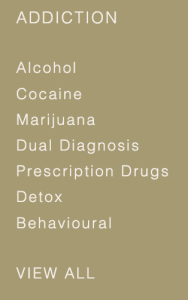8 Minutes
CONTENTS
Post-Traumatic Stress Disorder (PTSD) is frequently linked to physical trauma, such as physical abuse, war, or sexual assault. However, mental health professionals have discovered that emotional abuse can also result in PTSD. This form of trauma, however, comes under a different type of PTSD called complex post-traumatic stress disorder (C-PTSD). Management by professionals can help in addressing the signs and effects of C-PTSD as well as providing alternatives for leading a healthier and happier life.
Emotional abuse, also known as psychological abuse, is a practice of behavior in which one person subjects another to mental or nonphysical acts that undermine the other’s mental health and their capacity to perform.
Emotional abuse can take many forms, and while it’s not often simple to detect, it can have long-term consequences. Despite the fact that emotional abuse does not meet the trauma requirements for a formal diagnosis of post-traumatic stress disorder (PTSD), it can nonetheless have serious mental and physical consequences.
FAQs
A UNIQUE METHOD TREATING Trauma & PTSD
a successful and proven concept focusing on underlying causesTrauma & PTSD TREATMENT LASTING APPROACH
0 Before
Send Admission Request
0 Before
Define Treatment Goals
1 week
Assessments & Detox
1-4 week
Psychological & Holistic Therapy
4 week
Family Therapy
5-8 week
Aftercare
12+ week
Refresher Visit
Trauma & PTSD Insights
latest news & research on Trauma & PTSD
Trauma And Epigenetics
Traumatic experiences can lead to long-lasting epigenetic changes, potentially contributing to mental health conditions such as post-traumatic stress disorder (PTSD)
read moreBest Trauma Treatment Centers
Joining an intensive trauma treatment center is essential because these specialized facilities offer a comprehensive approach to recovery
read moreBest PTSD Treatment Centers
Many PTSD centers offer alternative and complementary therapies to support traditional treatments.
read more








